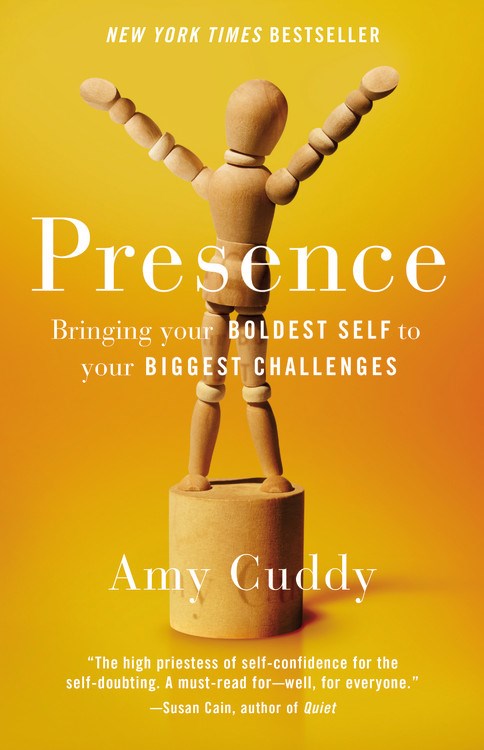Jack Covert Selects - Resilience

To some, the world seems much worse than it used to be. The economy, crime, and even weather are all indicators that the good old days were exactly that. Whether or not we're actually on a downward spiral, research shows that people are becoming more resilient. We're living longer, overcoming more challenges, taking on more work, thinking, and doing, and generally rolling with the punches like never before.
Andrew Zolli and Ann Marie Healy have covered this research in a new book called Resilience: Why Things Bounce Back. From psychology and organizational leadership to businesses and societies, the book is full of stories about how people are becoming more resilient characters, leaders, and survivors.
But that's not always the case. Some systems, people, and communities easily crumble in the face of disruption. Zolli and Healy reveal how to change this, inspiring individual readers and groups to develop more resilient ways. They explain this using a metaphor widely used in resilience research:
Imagine for a moment you are overlooking a vast landscape of imaginary hills and valleys, stretching out in every direction. Like something from a Borges fantasy, each valley in this panorama presents a significant variation on your present circumstance, an alternative reality with its own unique characteristics, opportunities, resources, and dangers. [...]
To improve your resilience is to enhance your ability to resist being pushed from your preferred valley, while expanding the range of alternatives that you can embrace if you need to. This is what resilience researchers call preserving adaptive capacity—the ability to adapt to changed circumstances while fulfilling one's core purpose—and it's an essential skill in an age of unforeseeable disruption and volatility. Some of the research in the book will probably surprise the reader. For instance, after researchers uncovered a mathematical model that shows how organisms in biology scale up in a predictable way in the late '90s—a mouse has a faster metabolism and shorter life span than we do, we have a faster metabolism and shorter lifespan than a whale or an elephant, etc., and it's all very predictable with the model developed—some began to wonder if the same were true of social organizations such as cities and companies. "Is New York City really just a big whale? Is Google an elephant?" the authors ask. I'll leave you the delight of discovering those answers in the book.
Resilience is such an engrossing book that you may forget while lost in the pages that you're picking up lessons pertinent to your very survival. After all, the world is not going to become less harsh, to either organizations or individuals. The only question is whether you can become more resilient.
